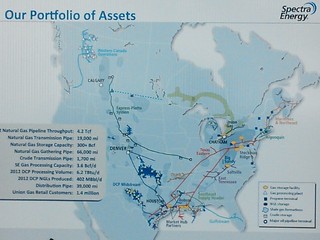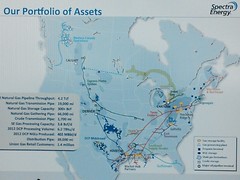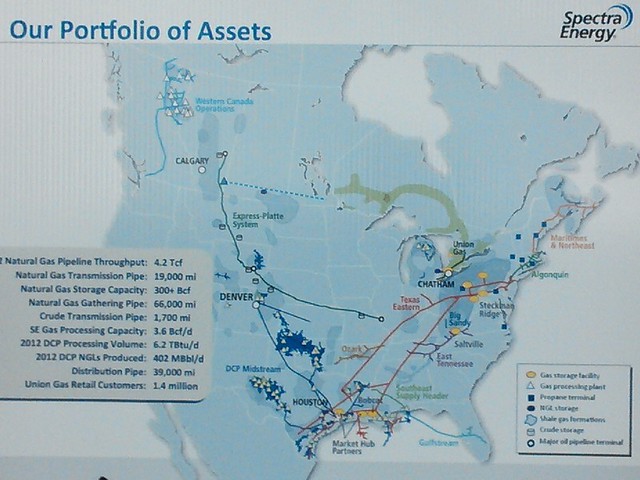There is something we can do about that proposed fracked methane pipeline.
Lindsay Abrams wrote for Salon today, The real secret to beating the Koch brothers: How our broken political system can still be won: A duo of activists has quietly bested the energy lobby, helping ban fracking in 172 towns. Here’s how they did it,
You probably haven’t heard of Helen Slottje, or, for that matter, of her husband, David. But in the past few years, the former corporate lawyers have become arguably two of the most powerful opponents of fracking in New York — not to mention the most successful. As the (sort of) public face of the duo’s efforts, Helen Slottje on Monday was honored with the Goldman Prize, the world’s largest environmental prize.
OK, what did they actually do? Continue reading













